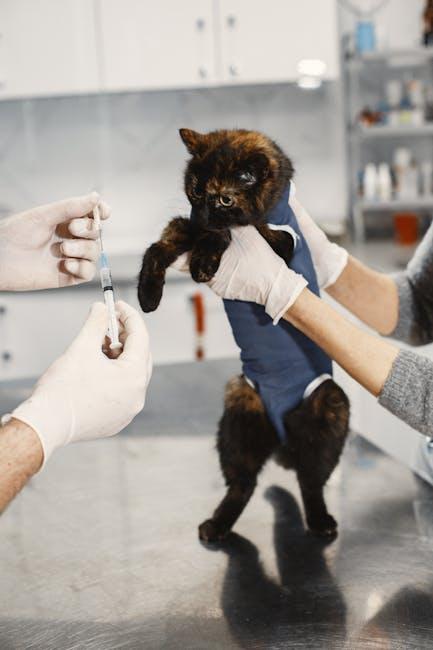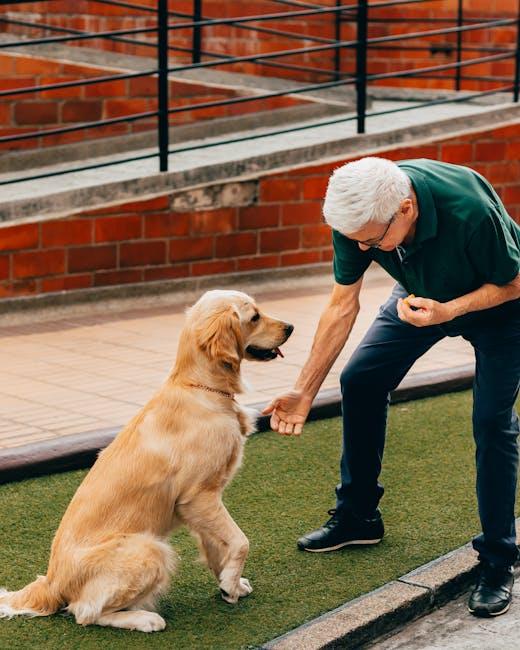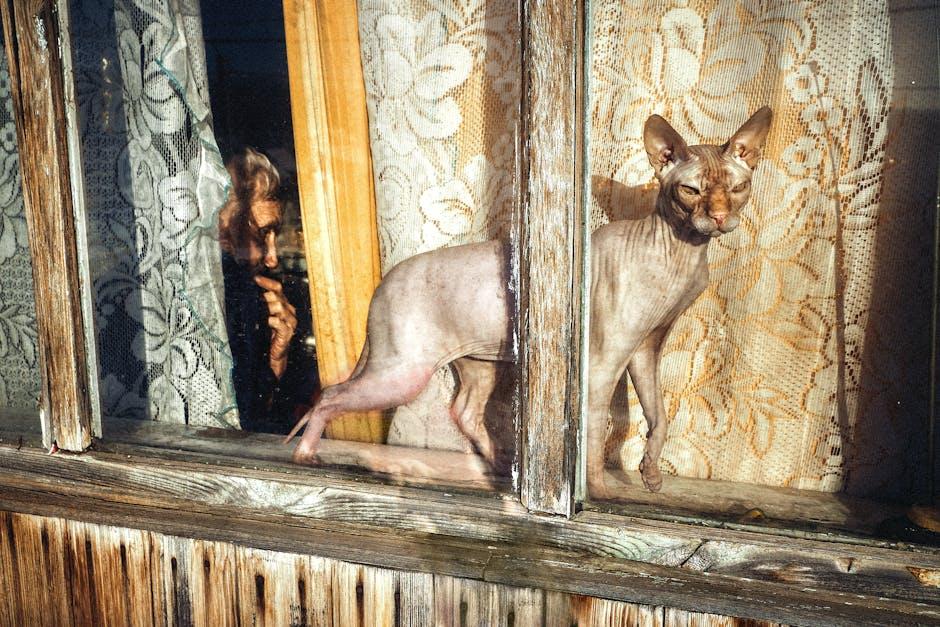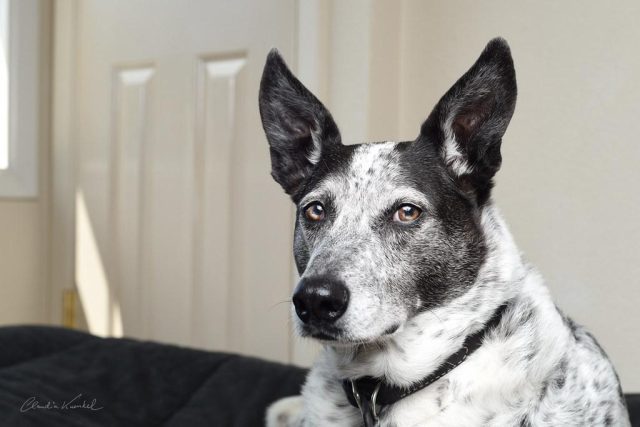As the golden years embrace our beloved pets, their once boundless energy may gently wane, replaced by a serene wisdom that only time can bestow. These cherished companions, who have trotted beside us through thick and thin, now rely on us more than ever to ensure their twilight years are as comfortable and joyous as possible. Amidst the comforting routine of belly rubs and evening strolls, there lies a crucial, yet often overlooked, aspect of senior pet care: regular veterinary checkups. Just as a well-tended garden flourishes, so too can our aging pets thrive with the right attention and care. Join us as we delve into the heartwarming journey of senior pet wellness, exploring why these checkups are a vital thread in the tapestry of their enduring happiness and health.
Understanding the Unique Health Needs of Senior Pets
As our beloved pets age, their health needs evolve, necessitating a more attentive and specialized approach. Senior pets often face a range of unique health challenges that can include:
- Arthritis and joint issues: Just like humans, aging pets are prone to joint pain and stiffness, which can significantly impact their mobility and quality of life.
- Dental health: Older pets are more susceptible to dental diseases, which can lead to pain, infections, and even systemic health problems.
- Chronic conditions: Conditions such as diabetes, kidney disease, and heart problems are more prevalent in senior pets, requiring ongoing management and care.
- Changes in behavior and cognition: Cognitive decline and changes in behavior can be signs of underlying health issues that need to be addressed promptly.
Regular vet checkups become crucial as they allow for early detection and treatment of these conditions, ensuring your senior pet enjoys a comfortable and happy life. By prioritizing their health through consistent veterinary care, you can help manage age-related issues more effectively and provide the love and attention they deserve in their golden years.

Proactive Health Monitoring: Catching Issues Early
As our pets age, their health needs evolve, and conditions that were once minor can escalate quickly if left unnoticed. Regular vet checkups play a crucial role in identifying potential health issues before they become severe. Early detection can make a significant difference in treatment outcomes and overall quality of life for senior pets. During these visits, veterinarians can perform a range of assessments, including:
- Blood tests to monitor organ function and detect diseases like diabetes or kidney failure.
- Dental exams to prevent tooth decay and gum disease, which are common in older animals.
- Weight checks to manage obesity or sudden weight loss, both of which can be indicators of underlying health problems.
- Mobility assessments to catch early signs of arthritis or other joint issues.
These proactive measures allow for timely interventions, ensuring that our furry companions enjoy their golden years with comfort and vitality.
Tailoring Nutrition and Exercise for Aging Companions
As our beloved pets age, their dietary needs and physical activities require careful attention to maintain their health and happiness. Senior pets often face unique challenges, such as decreased metabolism, joint issues, and diminished energy levels. Tailoring their nutrition involves choosing foods that are high in essential fatty acids, antioxidants, and easily digestible proteins to support their aging bodies. Consider incorporating the following into their diet:
- Omega-3 and Omega-6 fatty acids: Found in fish oil and flaxseed, these help reduce inflammation and improve joint health.
- Antioxidants: Blueberries, carrots, and spinach can help combat oxidative stress.
- High-quality proteins: Lean meats and specially formulated senior pet foods support muscle maintenance without overloading their kidneys.
Exercise also needs to be adjusted to fit their capabilities. Gentle activities such as short, frequent walks, swimming, and low-impact play can keep them active without overexertion. Consistency is key, so aim for regular exercise sessions that cater to their comfort levels. By paying close attention to their diet and exercise, you can help ensure your aging companion enjoys their golden years to the fullest.

Creating a Comfortable Environment for Senior Pets
As our beloved pets age, their needs change significantly, and ensuring they feel at ease in their environment becomes paramount. A few simple adjustments can make a world of difference in their comfort and well-being. Consider the following elements to create a cozy and secure space for your senior companions:
- Soft Bedding: Provide plush, orthopedic beds that offer ample support for aging joints and muscles.
- Temperature Control: Maintain a consistent, comfortable temperature in your home, avoiding extreme heat or cold.
- Easy Accessibility: Make sure food, water, and litter boxes are easily accessible, and consider using ramps or steps to help them reach higher places.
- Quiet Spaces: Create calm areas where your pet can retreat to avoid loud noises and bustling activity.
- Regular Exercise: Gentle, low-impact activities like short walks or indoor play can help keep their bodies and minds active.


































